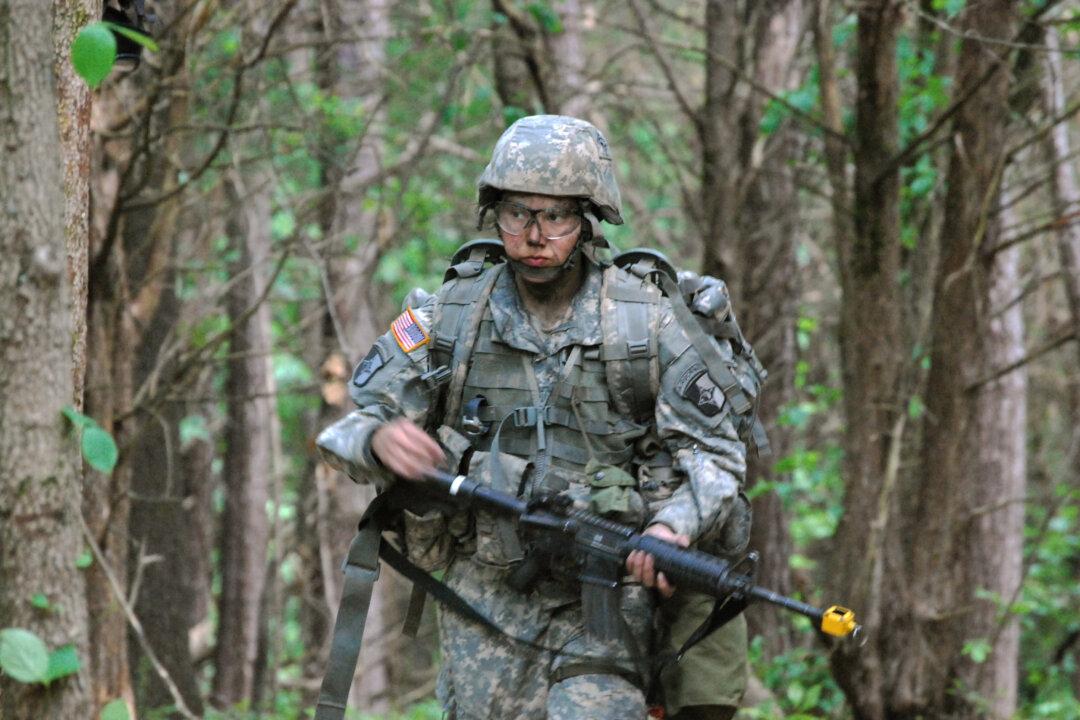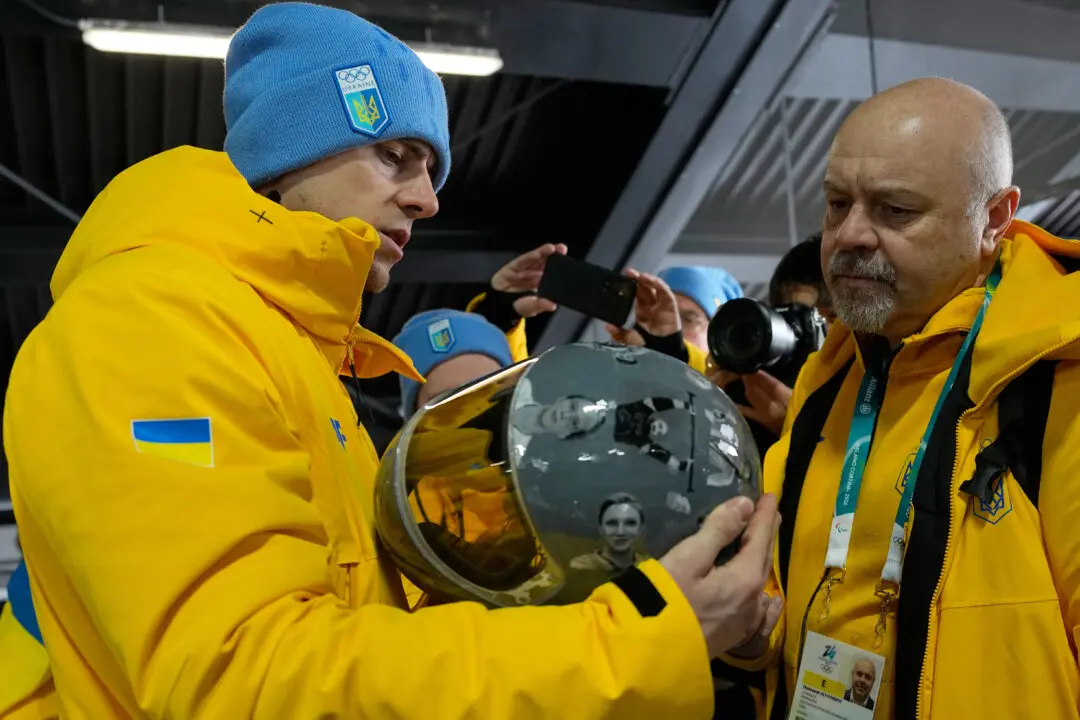WASHINGTON—The men in the U.S. military’s most dangerous jobs care little about political correctness or gender equality. And they have a message for their political leadership.
When they are fighting in the shadows or bleeding on the battlefield, women have no place on their teams.
In blunt and, at times, profanity-laced answers to a voluntary survey conducted by the Rand Corp., more than 7,600 of America’s special operations forces spoke with nearly one voice. Allowing women to serve in Navy SEAL, Army Delta or other commando units could hurt their effectiveness and lower the standards, and it may drive men away from the dangerous posts.
An overwhelming majority of those who agreed to respond to the RAND survey said they believe women don’t have the physical strength or mental toughness to do the grueling jobs.
Some of the broader conclusions of the survey, taken from May through July 2014, were disclosed by The Associated Press earlier this year, but the detailed results and comments written by respondents had not been released.
The Pentagon released the summer survey and other documents when Defense Secretary Ash Carter announced last week that he was opening all combat jobs to women. That decision was based on recommendations by the military service secretaries and the leaders of the Army, Navy, Air Force and Special Operations Command. Only the Marine Corps asked to exempt women from certain infantry and frontline positions, but Carter denied that request.
Half the men who got the 46-question survey responded to it, and Rand did not identify any of them. In some cases people who feel most strongly about an issue are more inclined to answer surveys.
Some 85 percent of the respondents said they oppose opening the special operations jobs to women, and 70 percent oppose having women in their individual units. More than 80 percent said women aren’t strong enough and can’t handle the demands of the job. And 64 percent said they aren’t mentally tough enough.
“I weigh 225 pounds, and 280 pounds in full kit, as did most of the members of my ODA (a 12-man Army Green Beret unit),” one respondent said. “I expect every person on my team to be able to drag any member of my team out of a firefight. A 130 pound female could not do it, I don’t care how much time she spends in the gym. Do we expect wounded men to bleed out because a female soldier could not drag him to cover?”






